Environmental Humanities
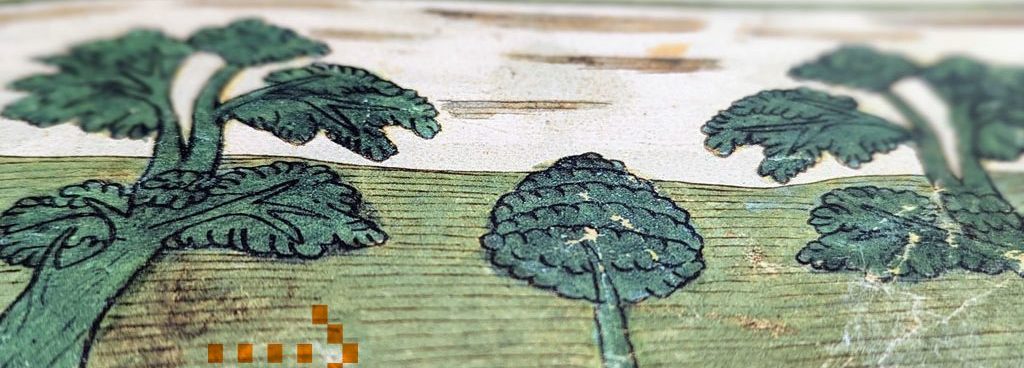
Environmental Humanities: Exploring a bond that is inextricably linked to our literary, historical, and cultural lives
The Denbo Center for Humanities & the Arts incubates humanistic research that investigates human interaction with, and perceptions of, the natural environment, including environmental justice, sustainability and conservation, bioregionalism, human/animal/plant history, ecocriticism, infrastructure studies, and environmental ethics and philosophy. We support the design fields and cinematic, literary, visual, musical, and performance arts as they use the unique properties of art to awaken interest and activism on behalf of nature and its lived inhabitants. As with STEM fields such as evolutionary biology, environmental humanities resists the traditional divide between “nature” and “culture,” showing how “nature” has always been entangled with human culture and thus in questions of justice, economy, ethics, religious belief, art, and cultural value.
Because environmental studies is by definition an interdisciplinary field, the Denbo Center supports interdisciplinary research that brings together the humanities, the arts, the social sciences, and the STEM disciplines. The environmental humanities elicit discussion about human values and responsibilities in relation to pressing environmental problems and address environmental, climate, and disaster injustices. Humanists studying the history and values of global societies with very different ways of looking at the natural world can provide historical depth and cultural knowledge to such teams.
The Denbo Center supports visiting speakers, symposia, and research seminars as well as special events that examine how the arts and humanities can provide new insights leading to environmental flourishing and environmental justice. We want to work with the STEM fields in interdisciplinary and transdisciplinary teams to generate public conversation about environmental issues at the local and global levels. The DCHA has supported research seminars investigating energy and environmental issues, invited visiting scholars to campus to discuss extremely diverse perspectives on nature/culture, and held symposia and special events that teach us what we have done, and what we might yet do, to positively impact our natural world. We welcome other new work and activities within this initiative. Please contact us if your work intersects with the vast field of environmental humanities. We’d love to work with you!
Research Explorations
Our interdisciplinary Research Seminars meets regularly throughout the year to explore relevant topics.

Narratives of Food and Culture Research Seminar
“Narratives of Food and Culture” explores social and political tensions through an interdisciplinary perspective on food production, preparation, and consumption. Food is sensual and intersects with many questions that humanities scholars address, such as history, family, memory, belonging, place, and body politics. Yet food also is often rendered mundane as a simple necessity of everyday life. In our seminar, we seek to explore creative and interdisciplinary approaches to food studies, including food stories, global historical connections, food access, and food politics.

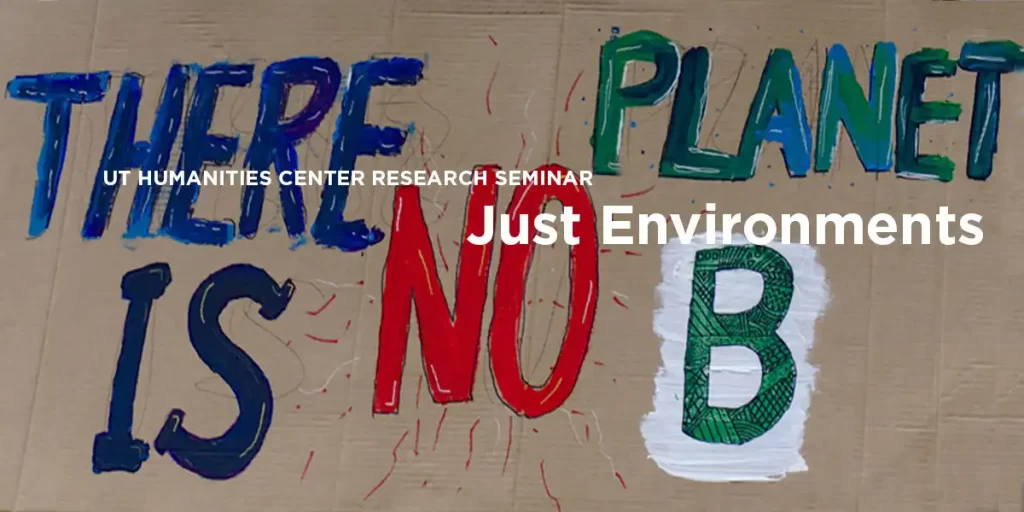
Just Environments Research Seminar
The past research seminar, “Just Environments,” merged humanities perspectives, environmental studies, and critical infrastructure studies. Areas of investigation included how artificial and natural infrastructures can affect, work against, or work with ecological systems to affect human communities. The seminar concerned the use, conservation, and distribution of natural resources on a variety of scales.


Native American & Indigenous Studies Research Seminar
The purpose of this seminar is to build greater community and conversation among researchers at UT who are working–some tangentially and others centrally–on issues in Native American and Indigenous Studies, either in content, methods, or activism. The seminar draws widely on methodological and theoretical issues involving gender, sexuality, sovereignty, settler colonialism, epistemology, and environmentality. We ask questions such as: what is NAIS? What are its key methods? How does it illuminate multiple fields? What is the future of NAIS? In this seminar, we hope to bring together a vast interdisciplinary network of scholars invested in the presence of NAIS at UT.
Some examples of Environmental Humanities at the Denbo Center

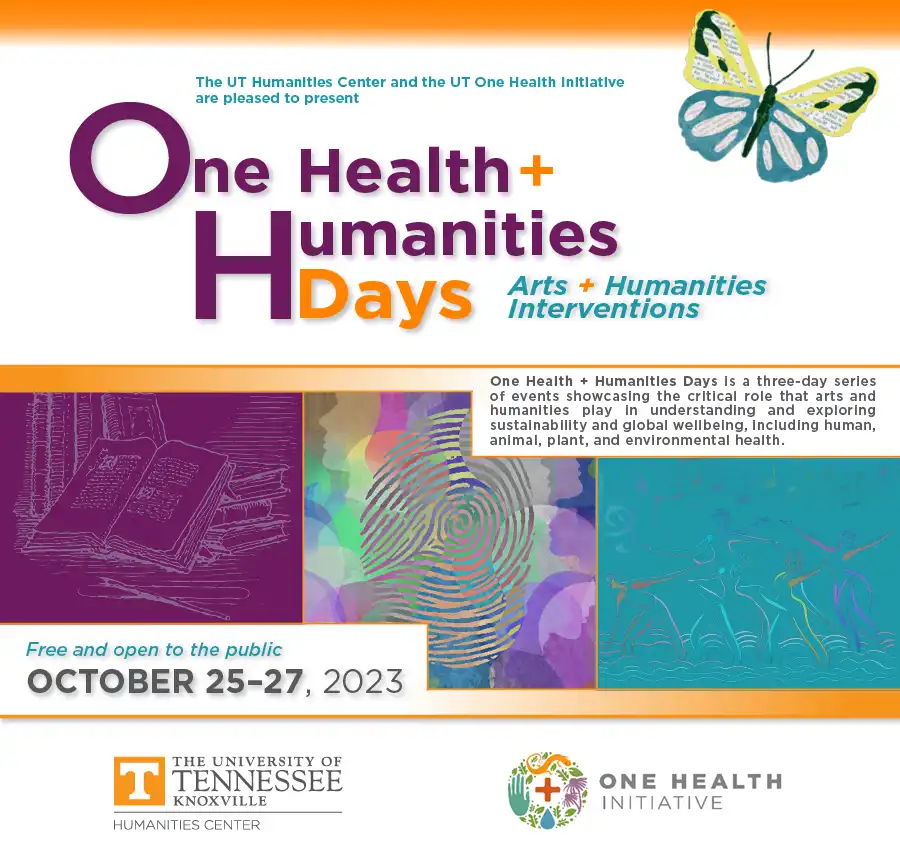
One Health + Humanities Days (2023)
One Health + Humanities Days was a three-day series of events on October 25-27, 2023, showcasing the critical role that arts and humanities play in understanding and exploring sustainability and global wellbeing, including human, animal, plant, and environmental health.

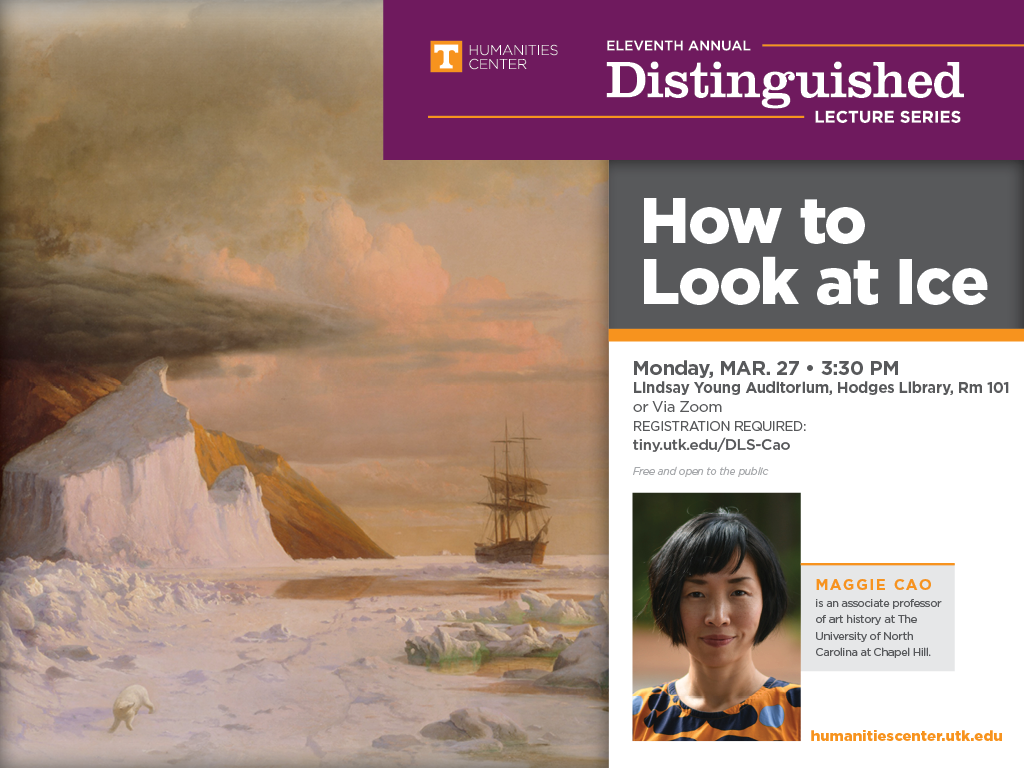
DCHA Distinguished Lecture Series: “How to Look at Ice” (2023)
During the Civil War era, American artists traveled to and painted sublime landscapes of the Arctic. But ice was not just a substance associated with the poles. The period’s enchantment with polar expeditions also coincided with the booming industrial ice trade, which transported frozen water from the United States deep into the tropics. This spring 2023 lecture by Maggie Cao (University of North Carolina at Chapel Hill) connected these two icy enterprises, showing that the perceptual strategies used the frigid north and the technologies of globalization used the torrid south indelibly linked ice, art, and racial politics during an age of imperialism.

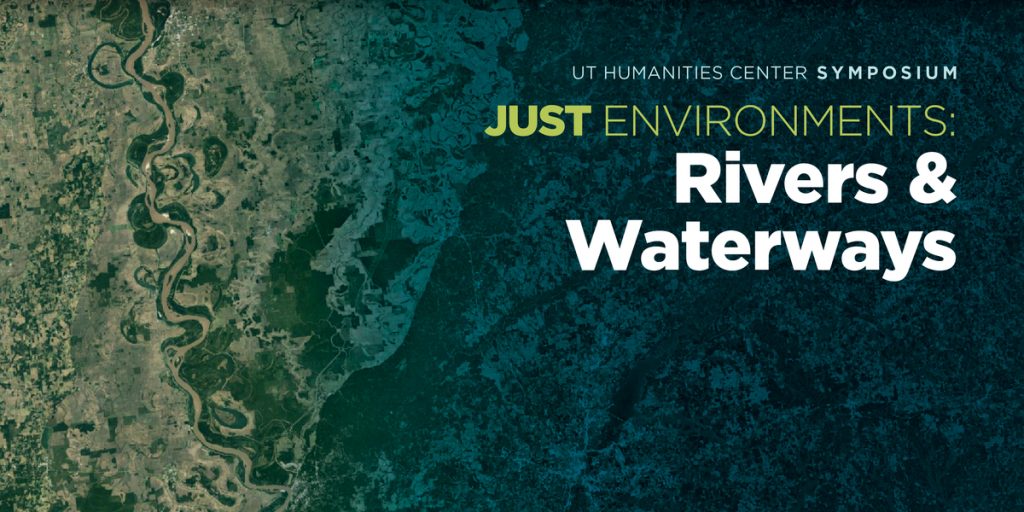
Just Environments: Rivers & Waterways Symposium (2022)
“Just Environments: Rivers and Waterways” was a one-day symposium in March 2022 that brought together artists and scholars from different fields for a conversation about rivers and waterways through a lens of Black Ecologies.

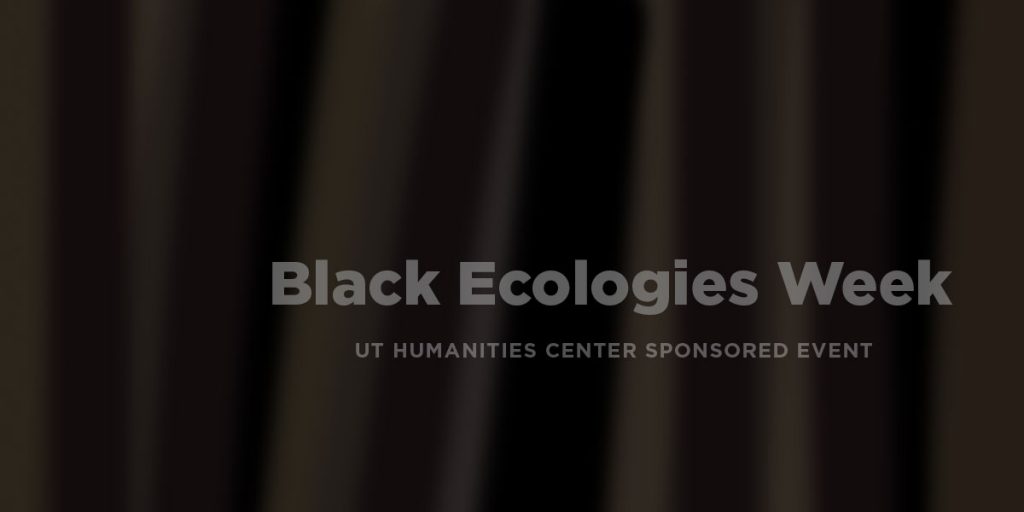
Black Ecologies Week (2022)
This week-long series of events in March 2022 featured vibrant cross-campus, community-oriented, and interdisciplinary conversations investigating environmental issues in relation to Black life today. Incorporating literature, history, cultural studies, media, performance, and political analysis, the week’s events offered important inroads to cross-cultural conversation, consideration of ecological issues in relation to social justice, and educational opportunities for students and life-long learners throughout the region.